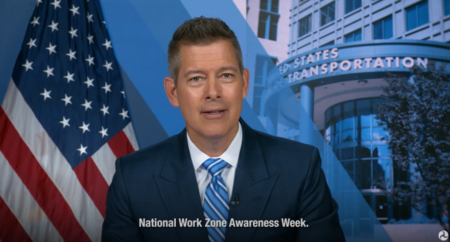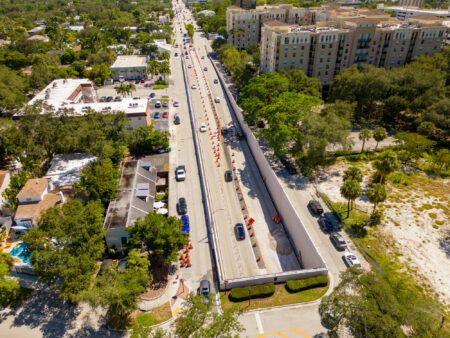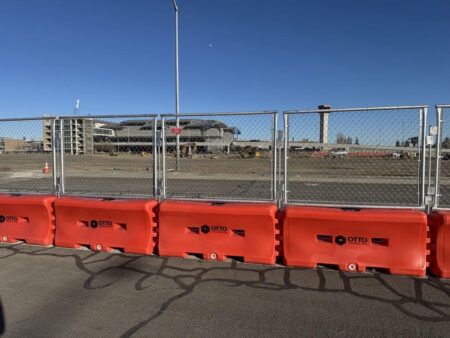The Alliance for Automotive Innovation has released a statement after the National Highway Traffic Safety Administration (NHTSA) effectively denied the association’s petition for reconsideration of the agency’s final automatic emergency braking (AEB) rule.
According to the alliance, AEB is a game-changing safety technology developed by automakers to detect the possibility of collisions with vehicles, pedestrians and cyclists. AEB provides a warning to a driver and then automatically engages the braking system to bring the vehicle to a safe stop.
In 2016, automakers voluntarily committed to install AEB in all new vehicles by 2025 and have already met that commitment. The Insurance Institute for Highway Safety (IIHS) reported in December 2023 that it “… expects this voluntary commitment to prevent 42,000 crashes and 20,000 injuries by 2025.”
However, the new AEB rule, finalized in April, which requires nearly all new cars and trucks by 2029 to have advanced automatic emergency braking systems, includes a requirement that is “practically impossible” to achieve with available technology, according to the alliance.
The Alliance for Automotive Innovation, which represents the likes of General Motors, Toyota, Volkswagen, and other automakers, had asked the NHTSA to reconsider the new requirement, which says that all cars and trucks must be able to stop and avoid striking vehicles in front of them at up to 62mph.
In a letter to Congress, the alliance urged the administration to re-open the AEB rule and to foster a collaborative and solutions-oriented approach to roadway safety.
NHTSA has rejected the request but said it was clarifying some technical requirements and correcting an error in the test scenario for an obstructed pedestrian crossing the road.
John Bozzella, president and CEO of Alliance for Automotive Innovation, said that the decision was “wrong on the merits” and “wrong on the science.” He added: “It’s a really disastrous decision by the nation’s top traffic safety regulator that will endlessly – and unnecessarily – frustrate drivers; will make vehicles more expensive; and at the end of the day… won’t really improve driver or pedestrian safety.
“Rather than leverage a voluntary commitment automakers made to NHTSA in 2016 to deploy AEB technology, the final rule mandates technology that is inconsistent with regulations implemented in other parts of the world and likely to result in aggressive and unpredictable braking that will frustrate drivers.”





